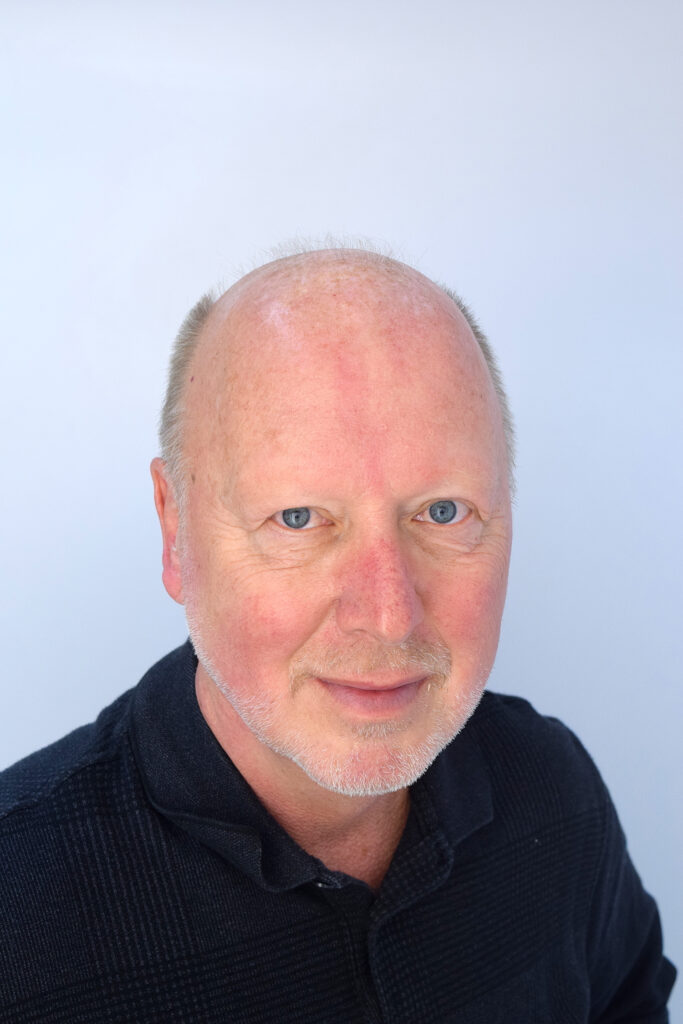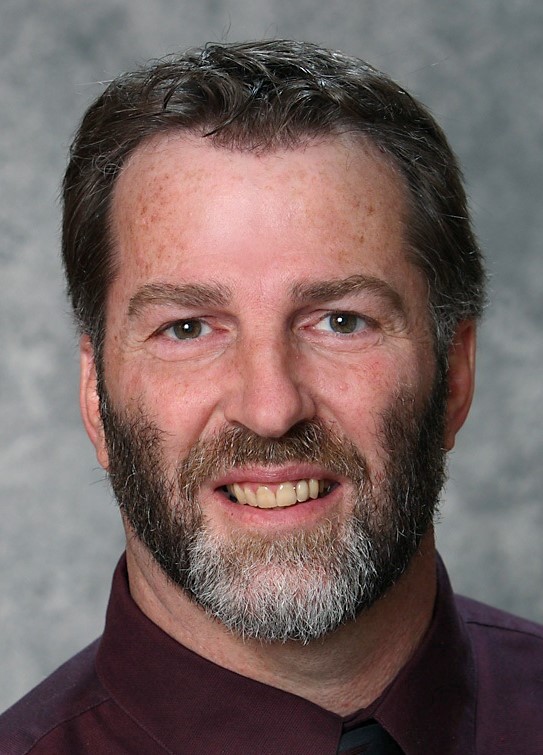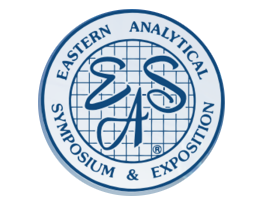One-Day Course
Date to be announced; 8:30am – 5:00pm
Dr. Merlin K.L. Bicking, ACCTA, Inc., St. Paul, MN
Dr. Douglas E. Raynie, South Dakota State University, SD
COURSE DESCRIPTION
Maximizing analytical efficiency requires the ability to quickly identify and solve chromatography instrument problems. This intensive one-day short course, taught by practicing chromatographers, provides systematic guidance on identifying the causes of many common chromatography problems, presents routine system maintenance and its role in preventing future problems, and offers tips for finding solutions to real-world chromatography problems. The general (morning) session covers troubleshooting strategies for all chromatographers. We will discuss how to identify and respond to problems and what to look for when reviewing chromatograms. In the afternoon, students will choose one of two technique-focused sessions to discuss more specific routine maintenance and troubleshooting strategies for either gas or liquid chromatography. These sessions make extensive use of case studies to help students learn by examining real-world problems and solutions. This workshop provides practical technical information that is not available from any other single source. You can benefit from the diverse content in this course whether you use LC or GC.
WHO SHOULD ATTEND
Lab operators and analysts who use one or both techniques. Supervisors who want to learn more about laboratory instrument issues. Data reviewers who must review chromatography data
TOPICS
MORNING SESSION
- A General Approach To Troubleshooting
- Why are we here?
- How do we get started with troubleshooting?
- General Troubleshooting Strategies
- Basic chromatography parameters
- Measuring instrumental and chromatographic parameters
- Interpreting peak shapes
- Interpreting baseline effects
- How to Read a Chromatogram
- What every data review should include
- Integration advice for poorly resolved peaks
AFTERNOON SESSION
Option 1: Gas Chromatography
- GC Troubleshooting
- Current trends in instrument design
- Routine maintenance of gases, injectors, columns, and detectors
- Comprehensive troubleshooting strategies for GC
- Matching symptoms with solutions
- The GC Quiz
- Best Practices in Chromatography
- A practical guide to preventing future problems
- Open Discussion
- Bring your own examples and questions.
AFTERNOON SESSION
Option 2: Liquid Chromatography
- LC Troubleshooting
- Design-related problems in LC
- Routine maintenance of mobile phases, pumps, columns, and detectors
- Linking symptoms and solutions with the LC Troubleshooting Matrix
- The LC Quiz
- Best Practices in Chromatography
- A practical guide to preventing future problems
- Open Discussion: Bring your own examples and questions.

ABOUT THE INSTRUCTORS
Dr. Merlin K. L. Bicking (Course Director) is President and Senior Analytical Scientist, ACCTA, Inc. He has extensive analytical chemistry experience in academia, contract research, independent testing laboratories, consulting, and technical training. His professional history includes development of two EPA methods, as well as numerous methods in other regulated and non-regulated industries. His publications and presentations cover a wide range of topics, including liquid chromatography theory, derivatization, method optimization, and the use of experimental design strategies in analytical chemistry. He also develops and presents technical training seminars for analytical laboratory staff.

Dr. Douglas E. Raynie is Associate Professor and Department Head in the Department of Chemistry and Biochemistry at South Dakota State University. Prior to joining SDSU, he was employed for eleven years as a Senior Scientist at Procter and Gamble’s Corporate Research Division. He earned his Ph.D. at Brigham Young University under the direction of Dr. Milton L. Lee. His undergraduate degree is from Augustana (South Dakota) College, with majors in chemistry and biology. Analytical separations research in Dr. Raynie’s laboratory includes high-resolution chromatography (GC, high-temperature LC and SFC), chromatographic sample preparation (ASE, SFE, SPME, and SPE), chromatography theory, green analytical chemistry, and problem-based learning in analytical chemistry.

